We Indians love food. Each of the states in the country has its own flavors, tastes, and recipes, and we love drooling over them. The timely feasts at restaurants and homes are the ultimate occasions to bond with your community and enjoy the food you love. But, have you ever thought about the food that’s left? The food that doesn’t reach our bellies and ends up in the bins? Yeah, that food. The thing is, it’s not just in public gatherings, we also waste a huge amount of food every day in our homes too.
What if there’s a way to avoid this food wastage? What if the valuable food that settles down the ‘agnee’ of our hunger could also be saved from reckless disposal and put to better use? Let’s see how this can be done.
Why Should We Reduce Food Waste
India wastes as much food as the United Kingdom consumes, as published in a study in the CSR Journal. These are not good stats. Food wastage is an alarming issue in the country. The bigger the party or the wedding, the higher the food. This is especially alarming because, per the Global hunger index, India ranks at number of 102 out of the total 117 countries in the world.
Tossing edible food in the dustbin not only wastes the food, but also increases methane levels in the environment as it rots in landfills. When you do the opposite and manage the food waste in your kitchen, you can cut down on trash support the ecosystem.
How to Avoid Food Waste at Home
The numbers and stats we shared above can be overwhelming. Thankfully, there are a few easy ways and steps you can in your kitchen to cut down on food waste:
1. Shop wisely
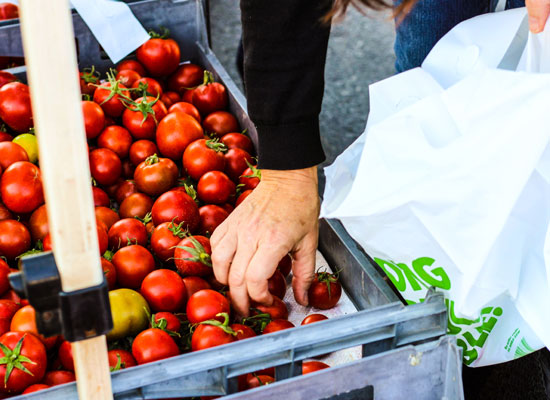
The process starts from the time when you visit the store to buy groceries for the house. Most people tend to buy more food than they need. That’s why it’s always suggested not to buy in bulk, which usually ends up increasing food wastage. To avoid that, buy your food in frequent trips to the market instead of shopping once a week.
Make sure you consume all of the food you purchase before your next visit to the market. Try making a list of the things you need and stick to it.
2. Don’t pick and choose your food
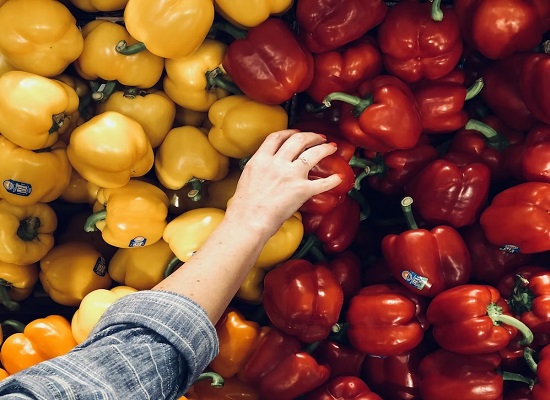
For the sake of perfection, we always tumble through a basket of produce until we get that perfectly shaped fruit or vegetable. This might be another reason for food wastage. Buy good vegetables but don’t neglect the few so-called ‘ugly’ ones that are equally perfect and fit for consumption.
3. Learn how to store your food
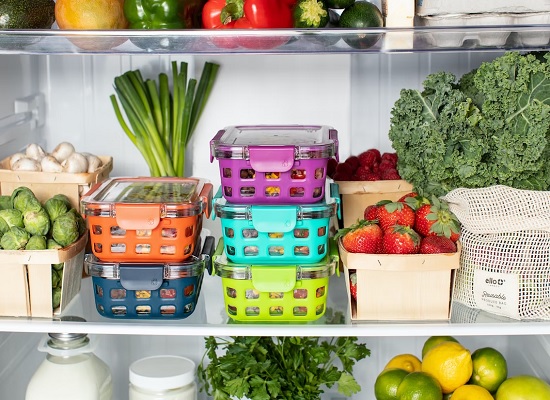
As food reaches our kitchen, the next step is to properly store it in a perfect condition so it doesn’t spoil easily. Fruits and vegetables release ethylene gas, which can spoil other kept alongside it. Store them in a way that they don’t become the reason for premature food spoilage.
4. Keep your refrigerator arranged

“Out of sight, out of mind” should be a rule for your refrigerator. Always keep your food in an arranged manner. The more clutter you have, the more you won’t be able to consume your food on time. Keep limited food and consume it before adding more.
5. Save leftovers

This is the most important one, so listen up: SAVE LEFTOVERS. There are occasions when a lot of food is left after a meal, such as festival dinners of gatherings, and if you have leftovers from your party, do not throw it away. Instead, store them and actually eat them later on to save both food and money. You can also pack a few parcels of leftovers for guests as takeaways.
6. Get creative
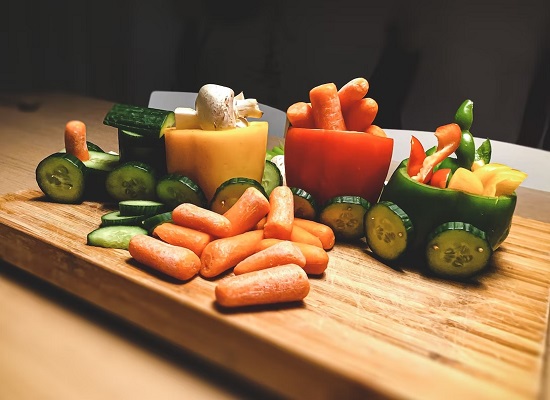
The points above lead us to another idea. Have you ever heard of the term, “food from scratch”? Leftover food from last night can be transformed into a totally new and interesting dish the next day. Get creative, cook new recipes, and put your food scratch into good use as a tasty and easy way to avoid food wastage. Break the monotony of your regular food by creating something new from the scratch, and keep the risk of food boredom at bay.
7. Compost and use
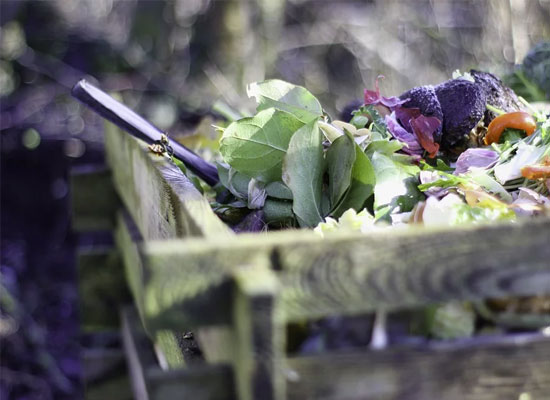
Vegetable skins, stems, tails, or any other part that you are not eating could be put into better use. For example, put a composting bin in your kitchen or garden. Put all the peels into this compact bin and let it decompose into a homemade fertilizer. You can use this organic fertilizer in your kitchen garden and get all the benefits of healthier plants.
Final Thoughts
The seven things we covered today are simple and easy ways you can take over food waste management in your home. Try to apply all of them in your household to preserve the environment and your wallet. It takes many months and a lot of hard work to turn a seed into a crop and then into the food we eat. Don’t let this turn into a waste and understand the value of food. Manage your waste and teach the same to your children. Every bit of effort counts, and it all starts in the home.

